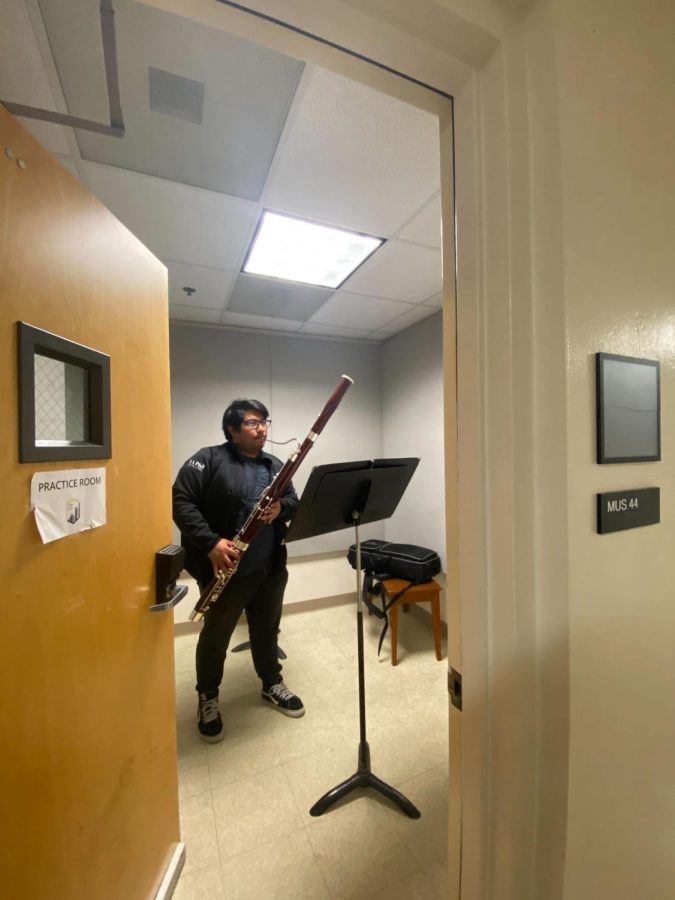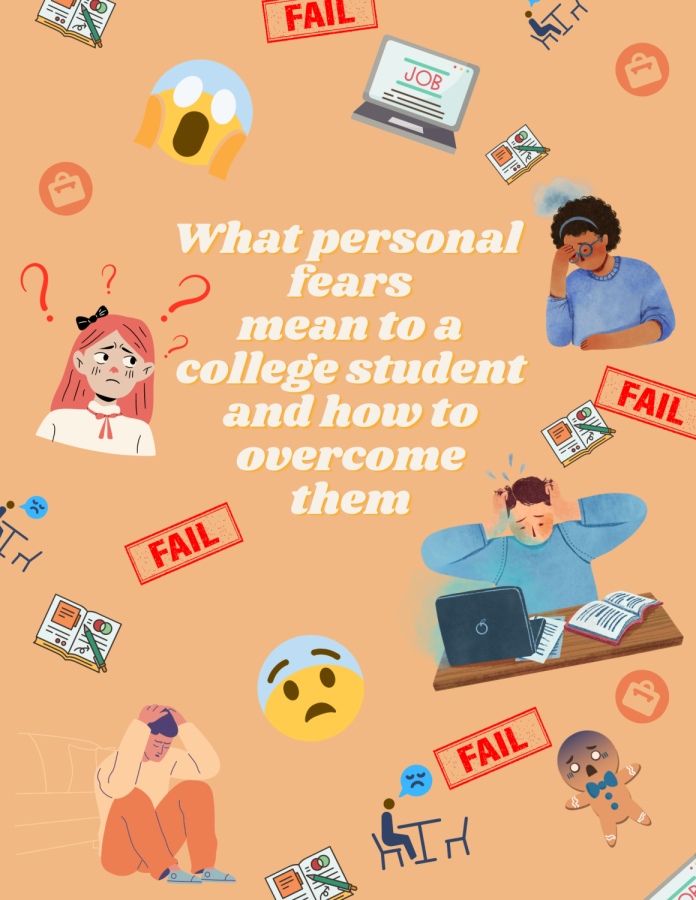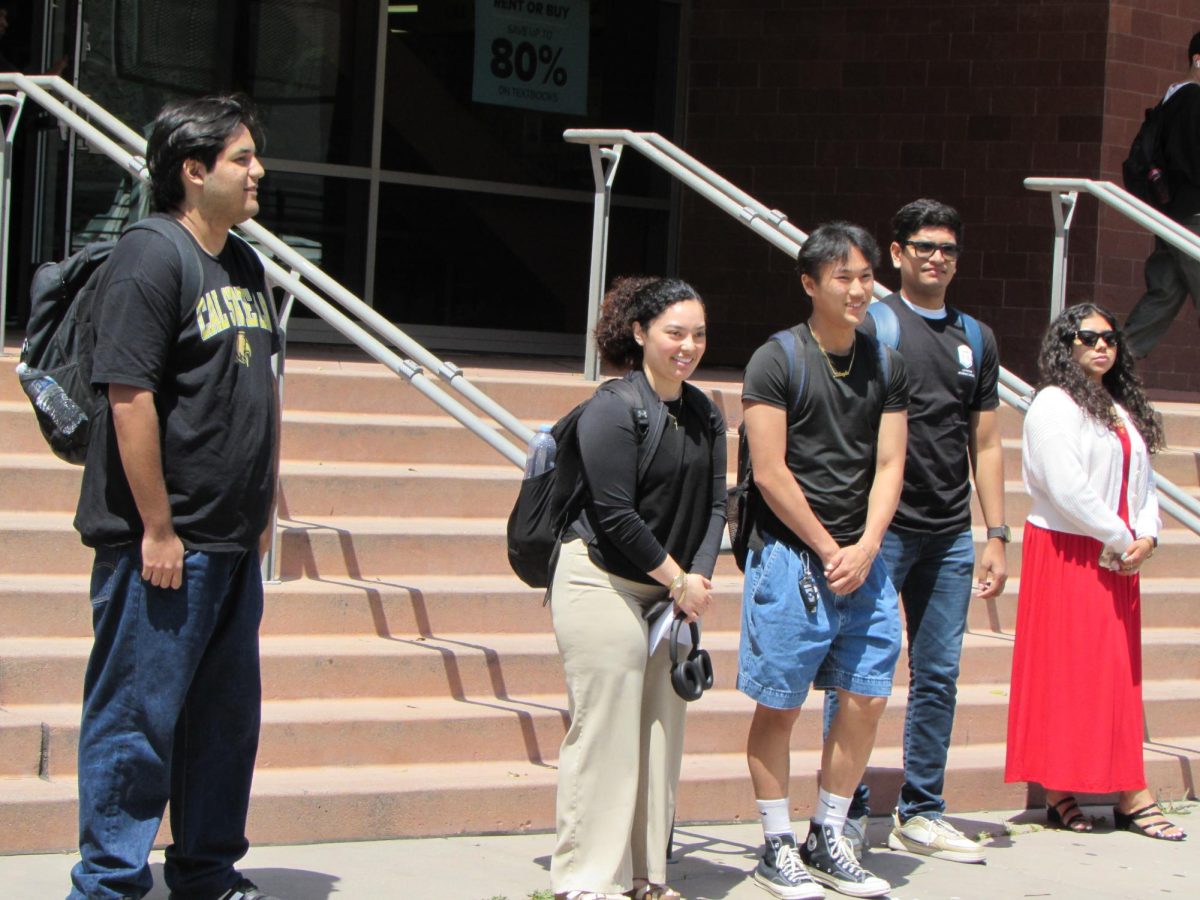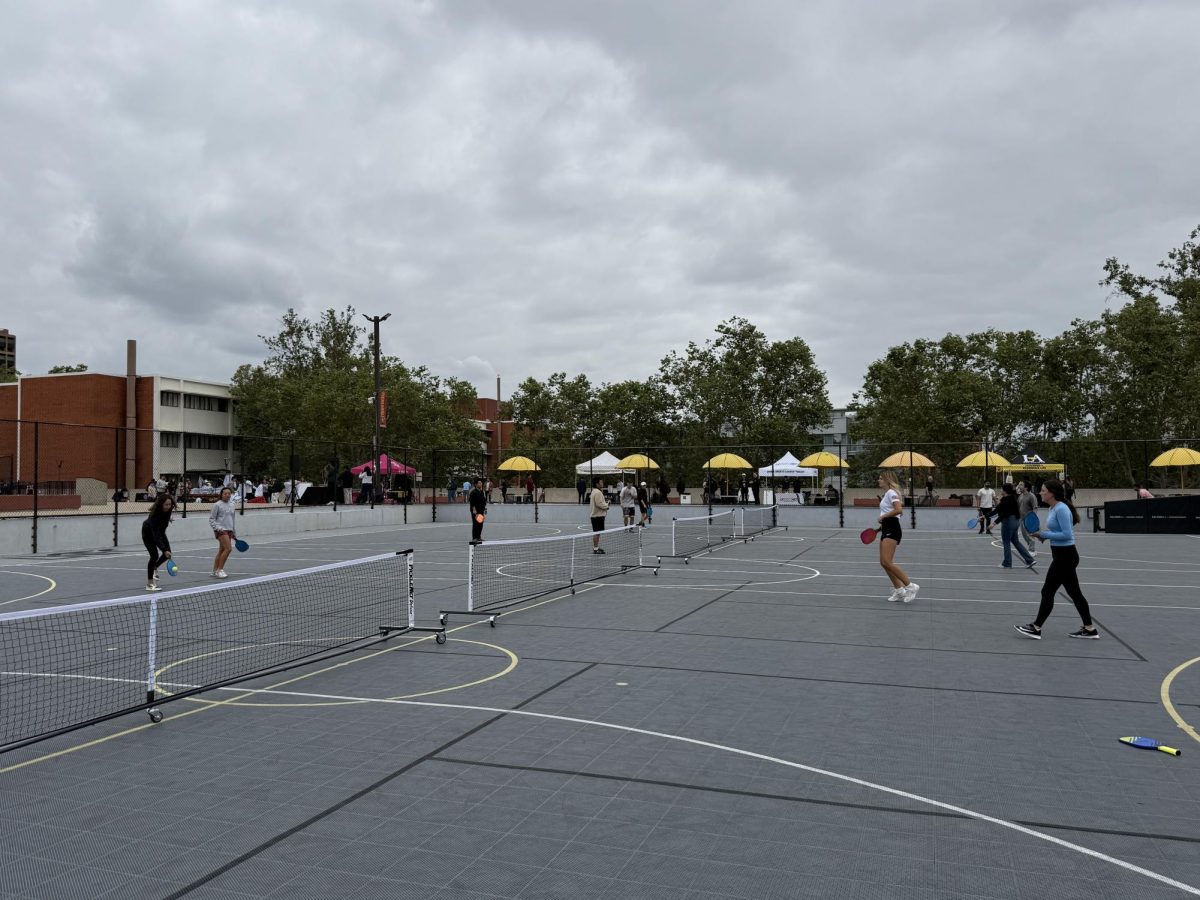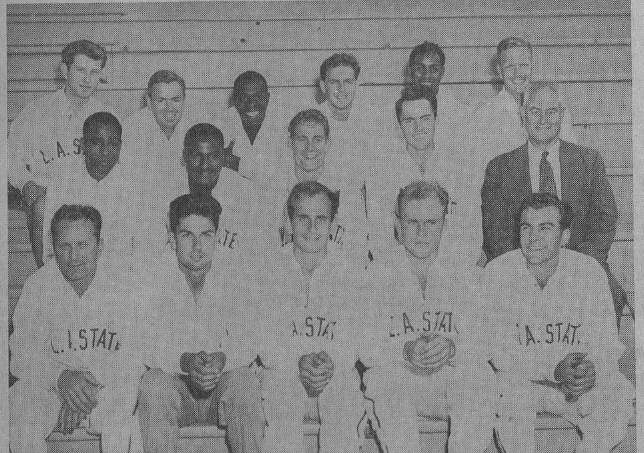Last semester, I was texted a link to an online petition, “Provide More Online Courses for All Majors in the Spring Semester at CSULA,” which at the time had more than 3,800 signatures. For perspective, there are about 28,000 students enrolled at Cal State LA, so if all the signatures belonged to students then almost 15% of the student population was demanding more classes to be online.
First, I was surprised. As a third-year student, I have endured one-and-a-half years of remote learning, so I was overjoyed to finally be receiving my college education in-person.
As a journalism major, being in-person means I can forge meaningful connections with my professors and my fellow Golden Eagle classmates. I am much more intrigued by hands-on learning, so I am simply more interested in my in-person classes this semester than I was for the last two semesters online.
During fall semester, I took ART 3113, which is a fashion design course. I learned to sew a jumpsuit, replicate a retail tank top, and design and construct my own outfit. Without the in-person guidance of my professor, I would have been left in the dust since this was my first experience with fashion and sewing.
I also worked with a team from my TVF 4000 course, an impact media class in which I created a documentary about Nature For All, a non-profit organization in Los Angeles. My crew was able to go out into the San Gabriel Mountains together to film the beautiful flora and fauna, and then we collaborated twice a week in-person to edit the footage. Because of these in-person experiences, I was able to fully immerse myself in the work.
Learning inside a classroom removes all of the distractions I would face on a computer: text notifications, the next episode of my favorite TV show, and the allure of social media. So all in all, my education being back on campus was something to celebrate for me. However, not all students have such a celebratory spirit.
So, I was curious. Why is up to 15% of the student body not as overjoyed as I am to be back on campus? Furthermore, why would they prefer to be online? I decided to review the petition and read through some of the comments.
“Online courses allow me to focus more on course material and have more flexibility, especially with asynchronous classes,” wrote one student.
“I live far, and I have been commuting for two days this semester, and it’s a lot of work if all my classes are in-person,” commented another.
“Why force everyone to come on campus?” another inquired. “We don’t need to meet in-person to learn.”
However, research by the Knowledge Is Power Program, a network of free open-enrollment college preparatory schools in low-income communities throughout the United States, shows the opposite. Students receiving in-person instruction have fewer distractions, increased concentration, and can receive more direct, personalized learning experiences that keep them from falling behind.
Many other comments reinforced the opinion that online is better because it is “easier.” But is easier better?
I did some more research on the history of online classes and whether or not they provide a better education for students. In 2013, long before masks, vaccine cards and social distancing, the L.A. Times published an article titled “The perils of online college learning.” Columnist Michael Hiltzik compares and contrasts experts’ opinions and research on online learning to come to the conclusion that online learning will undoubtedly increase revenue but at the expense of sacrificing the quality of education.
“As I learn more about the field, it becomes clearer to me that there’s a beautiful value in on-campus education that we cannot and should not replicate or replace,” Sebastian Thrun, a Stanford professor, told the L.A. Times.
Hiltzik reported that some universities expanded online learning options in an effort to increase enrollment. You can have more people in online classes because professors don’t always engage as much with individual students. But neither of these attractions should outweigh the sacrifice of quality education.
However, there are certain circumstances that may require online learning. For students who have to care for a sick relative, have children at home, or face a disability that prevents them from learning in-person, remote instruction may be absolutely necessary.
I believe that rather than giving them a lesser experience of online learning, we should as a society look for ways to give them the necessary support to fully participate in the college experience.
If students with such urgent time restraints and responsibilities in their day-to-day lives were able to customize the time that their classes take place so that they are available to engage in-person, I would expect them to be much more open to in-person learning. If students with these circumstances could vote on the alternative times they would need their classes to take place, then the university could devise more options for classes that happen late at night or on the weekends.
Cal State LA students will return on Feb. 14 to continue the spring semester classes in-person. Prior to this statement, I had an itching worry that the three weeks of online learning would evolve into 16 weeks, and I would be stuck speaking through a computer and sitting through all my classes in the same beige chair in my bedroom for much of the past two years.
The news that my studies will return to campus has relieved all my uneasiness. I am enthusiastic that I will be able to connect with my classmates and professors again, and I look forward to seeing faces in class in the place of black boxes on Zoom.
I believe that while online courses proved necessary during the dangerous times of the pandemic, they are far from essential as we adjust back into normal life, with all the necessary COVID precautions, of course.



